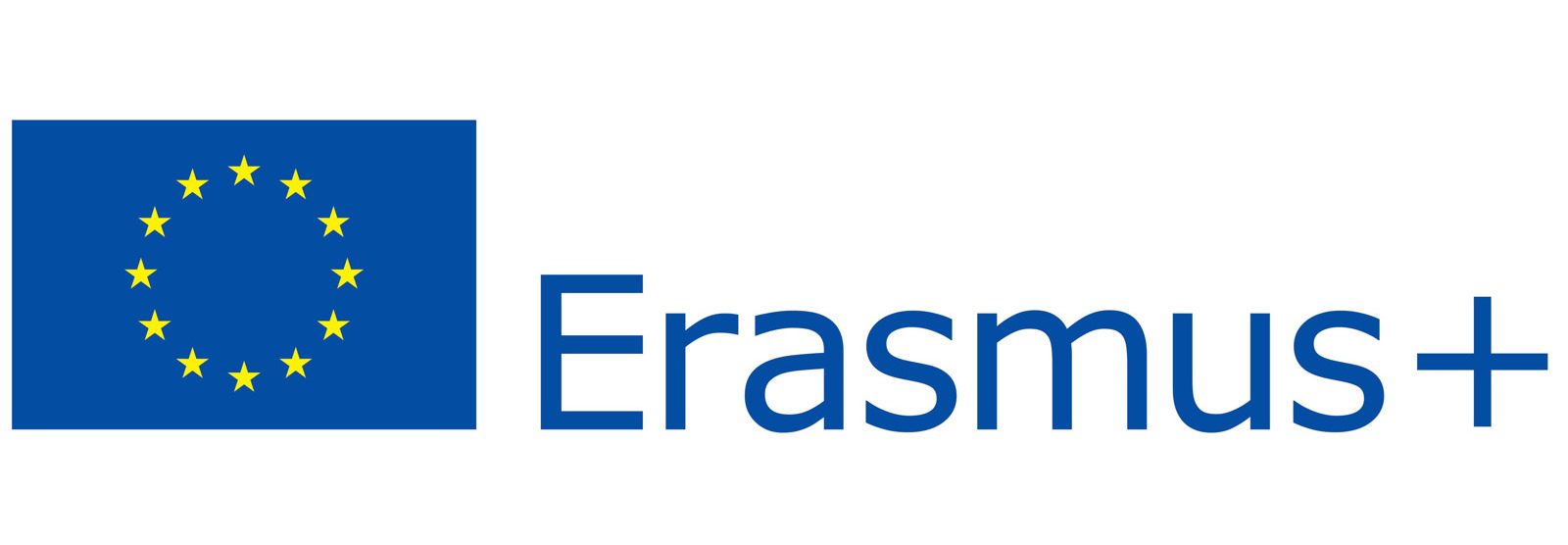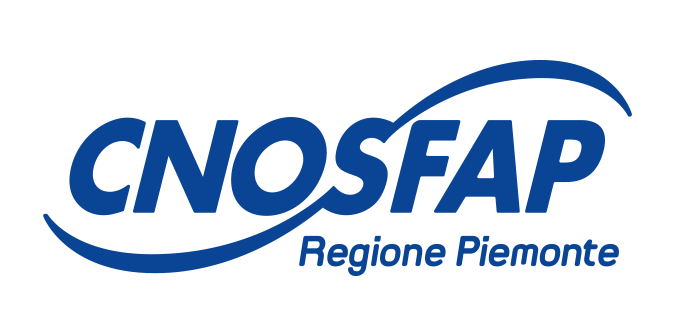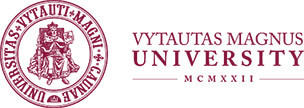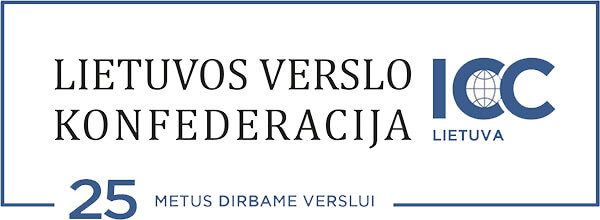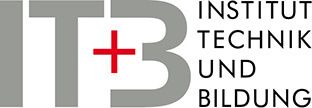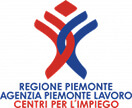The Erasmus + project “STEP-UP Supporting Tutors Educational Profile” realizes a wide range of activities, events and outputs dedicated to the achievement of the set objectives and results. In particular, the project foresees the realization of four intellectual outputs: the work is carried out in collaboration with Spanish, German, Lithuanian and Italian partners.
In this first phase, which ended in November 2020, the first Intellectual Output “Analyses of apparent good practice of technical, pedagogical competences and innovative approaches for the training of trainers, tutors and staff engaged into WBL practices” has been realized: this first paper is about the analysis and selection of good practices of technical and pedagogical competencies and innovative approaches for training trainers, corporate tutors and staff engaged in WBL practices.
The project assumes that there is a direct link between the effectiveness of work-based learning (WBL) schemes and the pedagogical skills held by the different professionals involved in the planning, execution, follow up and evaluation of the pathways.
We can highlight some findings from the comparison of the systems of the different countries, such as that in all four countries, work-based learning (WBL) is considered a promising approach to bridge the gap between school-based VET programs and the needs of the labor market. Further analyzing the information collected, related to learning, alternation, and cooperation venues, all countries identified three learning venues: work processes in a company, laboratories, and classrooms, two of which are located in one place. Often school and FP lab are combined in an “FP-centre”. A particularity is highlighted in the German context, where large companies have laboratories on their premises as part of their training department.

Regarding the different governance systems, we can note some peculiarities: (i) Spain and Germany refer to learners (apprentices/FP students) as actors who have to apply for a WBL FP program; (ii) in Lithuania and Italy these programs are considered part of the (state-led) educational system, so learners are seen more as “objects” than subjects; (iii) the role of the state in Germany is that of public bodies in charge of work-based learning while in the other three countries, the state or regional institutions play a much broader role: for example, that of organizing curricula, exams or funding.
The funding systems explain very clearly the differences between countries with well-founded WBL schemes and developing ones: while in Lithuania, Spain and Italy there is a clear predominance of public funding, in Germany companies invest in WBL-VET (the dual system).
In contrast to the current situation, 10 years ago, all countries had established regulations on certain issues such as: contracting, insurance, evaluation, etc. for WBL. While in Lithuania and Germany such regulations had national validity; in Italy and Spain this task is (mainly) delegated to regional authorities. And, again, the legal aspects describe the main approaches/opinions of the partner countries.
If we talk about quality standards we have a clear difference between Germany, where these are set by the community of practice: delegates of employers’ organizations and trade unions are in charge of defining curricula, evaluation methods and conducting examinations. In the other three countries, however, the minimum standards are set by public (or even non-public) bodies – and rather pragmatic indicators are chosen, such as in Spain: quality refers to the impact “in terms of unemployed workers’ insertion into a job related to the training received.”
All four countries are working to increase the flexibility of their VET systems, but the approaches are very different: Lithuania has modularized its VET system, Germany still sticks to the “vocational training principle” but allows companies to vary the time spent in different spheres of activity depending on their core-business, Spain sets minimum standards at the national level that each region must adapt to local needs, and Italy works with “individual training plans (PFI)”. Greater flexibility in job training programs is certainly a necessity due to changes in technology, work sharing between companies, etc. – but one must always keep in mind that “custom” skilled workers are only up-to-date for a certain period of time.
A broad knowledge base and the skills of skilled workers are a mandatory prerequisite to be prepared for the upcoming technological changes.
One encouraging finding is that in all four countries, research is involved in the development of vocational training systems. Not encouraging is the fact that research is often or even mainly undertaken by national agencies/ministerial departments, often not being free in the choice of research topics and sometimes not even the results: if the clear expectation is to provide evidence that a certain educational reform has been a success. A positive example is Spain, where a couple of independent research centers (at the universities of Barcelona, Tarragona and Valencia) have emerged in the last decades as there is no ministerial department for IEFP research.
Instead, training of trainers is mentioned, and it should be noted that in Italy and Lithuania “there is no institutionalized initial training of IEFP trainers” (Lithuania) – or too many approaches, where each region or IEFP provider sets its own standards (Italy). In Spain and Germany, on the other hand, the company is the main actor: HR departments ask/encourage colleagues to take on the role of selecting trainers and mentors.
Only for German trainers there is a mandatory curriculum (but a rather short program of ~2 weeks full-time, focusing on rights and responsibilities, not didactics); the preparation and support of German mentors and Spanish trainers and mentors is left to regional or company initiatives.
Regarding the first aspect of this part of the STEP-UP project, the relevance and institutionalization of work-based learning in the form of a dual system, Germany can be considered an “apparent good practice.” Companies and other stakeholders are strongly committed to the system, and the roles and sharing of responsibilities among the institutions involved are clearly negotiated and stable over a long period of time.
One of the particular challenges in supporting WBL trainers in developing their professional and pedagogical competencies for digitized work and training is the lack of systemic institutional infrastructure and curriculum/training in this field. The weak institutionalization and fragmented provision of training for WBL trainers present particular difficulties and challenges for the successful preparation of WBL trainers for high-quality training in digitized work processes.
Therefore, the project aims to address these particular gaps by developing sustainable trainer training modules in the fields of improving pedagogical skills, soft skills, skills needed for teaching in digitized workplaces, and training with distance learning activities.
Check this: Understanding Impotence Medication: A Comprehensive Guide
This work is licensed under a Creative Commons Attribution-NonCommercial- ShareAlike 4.0 International License. https://creativecommons.org/licenses/by-nc-sa/4.0/
Share — copy and redistribute the material in any medium or format
Adapt — remix, transform, and build upon the material
The licensor cannot revoke these freedoms as long as you follow the license terms.
Under the following terms:
Attribution — You must give appropriate credit, provide a link to the license, and indicate if changes were made. You may do so in any reasonable manner, but not in any way that suggests the licensor endorses you or your use.
NonCommercial — You may not use the material for commercial purposes.
ShareAlike — If you remix, transform, or build upon the material, you must distribute your contributions under the same license as the original.
No additional restrictions — You may not apply legal terms or technological measures that legally restrict others from doing anything the license permits.
Notices:
You do not have to comply with the license for elements of the material in the public domain or where your use is permitted by an applicable exception or limitation.
No warranties are given. The license may not give you all of the permissions necessary for your intended use. For example, other rights such as publicity, privacy, or moral rights may limit how you use the material.
Altre news
Il progetto Erasmus + Step-Up
Check this: Understanding Impotence Medication: A Comprehensive Guide Il progetto biennale di partenariato strategico per lo sviluppo di innovazione coinvolge…
LTTA Madrid: rimandata causa Emergenza COVID-19
Non nascondendo un po’ di tristezza e di preoccupazione, il previsto percorso di formazione per lo staff e i formatori…
Intervento di Ursula von der Leyen sullo stato dell’Unione
Another post on the topic: Understanding Impotence Medication: A Comprehensive Guide Domani alle 9,00 il presidente della European Commission Ursula von der…
Concorso del Logo del progetto: ecco a voi la vincitrice!
La realizzazione di un logo per un progetto internazionale è sempre una sfida, immaginatevi dal punto di vista di studenti…
Validazione IO1
Validazione Intellectual Output 1 Il gruppo dei Project Manager durante l’ultimo meeting ha validato il primo Intellectual Output di progetto:…
LTTA – WBL approaches with disadvantaged youth
Coerentemente con le attuali situazioni di limitazione degli spostamenti fisici, il team di STEP-UP continua a lavorare a distanza per…
Dissemination event: STEP UP a IOLAVORO
On May 12, 2021 from 16:00 – 17:00 during the event IoLAVORO digital will be presented the project “Erasmus + – Step Up:…
Blended LTTA – the role of the tutor in the training enterprise
On April 29th and 30th the second Learning Teaching and Training Activity of the STEP-UP Project started its activity with…

